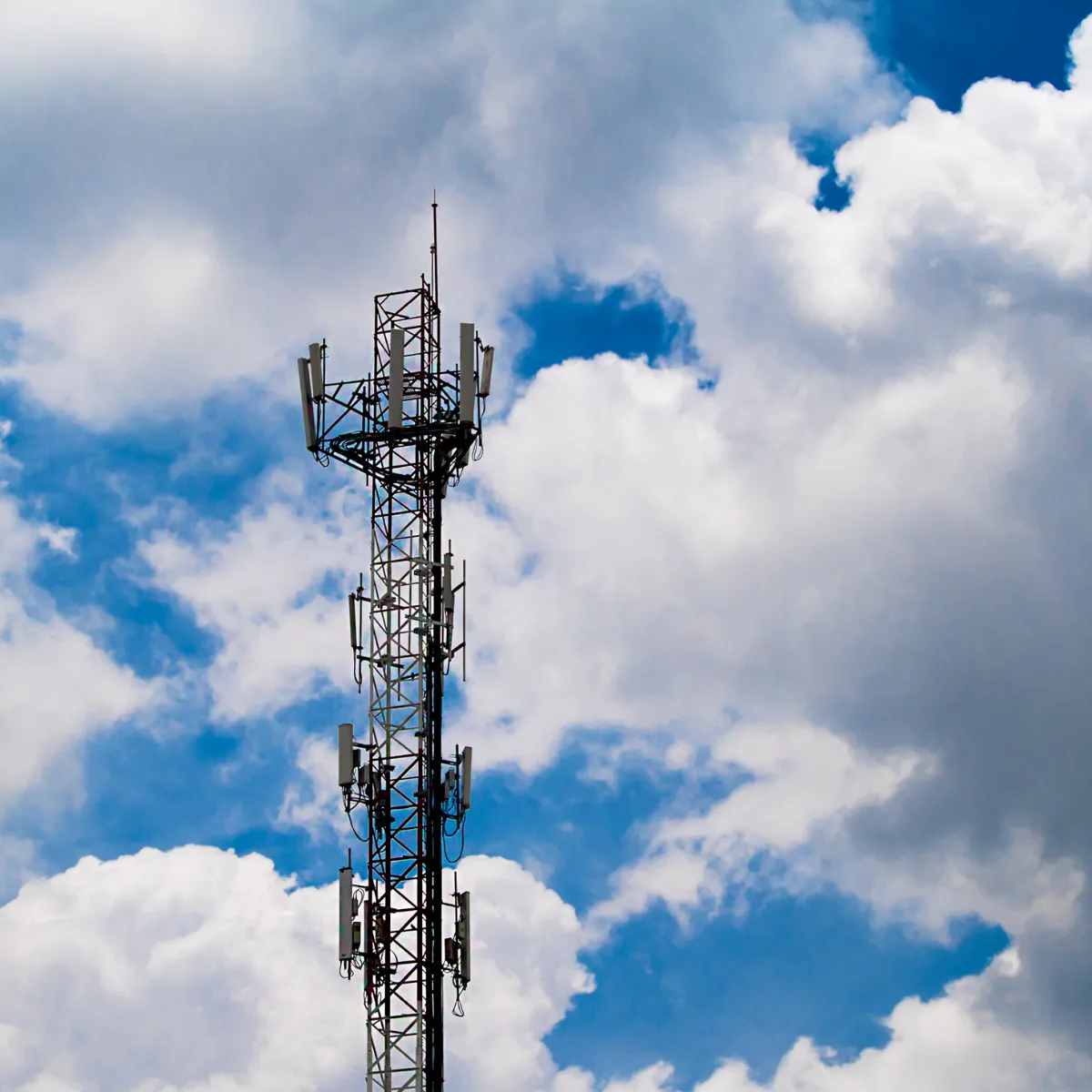Vodafone’s announcement that it aims to deploy self-powered ‘Eco-Tower’ mobile masts across the UK could mean connections for remote areas as well as environmental benefits.
Wind and Solar Powered
The new masts will be self-powered, using wind turbine technology, combined with new solar and battery technologies developed through Vodafone working with renewable energy technology specialist Crossflow Energy over the last two years.
Most Remote Sites Can Now Be Connected
One of the big civil engineering challenges of expanding phone networks with new mast sites has been, up until now, the need to connect them to the grid. Being able to generate their own power on-site, anywhere, means that the new masts are a promising way to provide connections to even very remote areas. This could help people in rural communities and help Vodafone to grow its network while achieving its energy-saving ambitions (reducing Vodafone’s energy consumption), and provide a more environmentally friendly and sustainable solution to connection challenges.
Other Benefits
Vodafone has highlighted other possible benefits of the self-powered Eco-Towers as being:
– Reducing the environmental impact of each site by using locally generated renewable power.
– A reduced reliance on diesel generators for back-up power thanks to the increased renewable contribution from the combination of wind and solar, together with battery storage systems on-site.
– The ability to be sited in the most sensitive of sites, including Areas of Outstanding Natural Beauty, because of the quiet, bird-friendly turbine of each Eco-Tower.
– A more secure power supply. I.e. it will not be affected by problems associated with the grid.
Helping Vodafone To Meet Targets
The Eco-Towers also provide a way for Vodafone to meet two important targets, which are:
– The Shared Rural Network (SRN) initiative, whereby all four mobile network operators have agreed to deliver 95 per cent combined coverage across the whole of the UK by the end of 2025.
– Vodafone’s own commitments to remove all carbon emissions from its own operations from 2027, remove all carbon emissions from its operations and the energy it purchases (across 21 countries) by 2030, and reduce all its global carbon emissions to net zero by 2040.
Sustainability
Andrea Dona, Chief Network Officer, Vodafone UK, said: “Our approach to managing our network as responsibly as possible is very simple: we put sustainability at the heart of every decision. There is no silver bullet to reducing energy consumption, but each of these steps forward takes us closer to achieving net zero for our UK operations by 2027.”
What Does This Mean For Your Business?
This is likely to be good news for businesses in rural areas that have struggled to get any reliable phone connections due to their distance from the grid, and any masts. It also provides a promising way for Vodafone to meet its environmental targets and commitments, as well offering a source of competitive advantage for Vodafone. The company also plans to deploy a new 43 per cent more energy efficient 5G radio unit which could decrease the energy consumption of its future 5G network once deployed, thereby giving it even more efficient operations going forward. Whilst the environmental and practical benefits of Eco-Towers are clear, Vodafone customers may hope that an expanding network won’t contribute to higher bills and that the efficiencies of the new 5G radio unit may also be a way to keep prices down.
Recent Blogs
Related posts
New Year, New Security Standards: Why This Is the Year Your Business Needs Cyber Essentials
As we step into 2026, businesses across the UK are setting ambitious goals. But there's one resolution that should sit at the top of every [...]
Before You Renew: How to Review Your Current IT Provider
As the year draws to a close, you naturally start reviewing budgets and renewing supplier contracts – but what about your IT support? If your [...]
5 Ways to Make 2026 the Year Your IT Works Smarter, Not Harder
We associate New Years with a fresh start, so what better time to take a fresh look at the way your technology works for you. [...]








